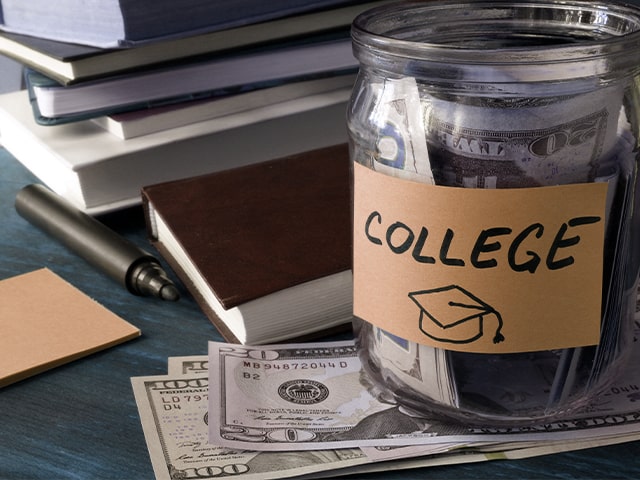What do people desire more than love, respect, or great appearances? Shock: cash. Research study after research study continues to show that our company believes money is essential to happiness, and also while I agree that financial safety is certainly a factor in leading a balanced and also fulfilled life, money alone does deny the excellent life. The fact is that once you have enough cash to fulfill fundamental demands (i.e. food, shelter, and so on), step-by-step boosts have little impact on your joy. Yet, money does offer you choices and chances.
What amazes me one of the most, considering our culture’s attraction to cash, is exactly how dwarfs actually understand when it comes to getting their share. We simply expect it to be provided to us from some magic place or higher power; a feeling of privilege prevails. Huge lottery game winnings, windfall inheritances as well as “straight to the top” IPOs are uncommon. I’ll allow you to know a little key– for a lot of us, it takes effort, computed dangers, some time, and most notably, economic literacy as well as education and learning.
Personally, I have undertaken a significant individual initiative to bring a brand-new awareness to the value of financial literacy in all ages, incomes,s and also education degrees. Did you understand that physicians and also lawyers make the exact same monetary errors as homeless individuals? Financial illiteracy in this country is at epidemic levels, and I can not think how many individuals – from educators to consumers – are sticking their heads in the sand oblivious to how major this really is. Recently, we have brought a lot of interest to reasons like bust cancer cells, secondhand smoke, and also youth excessive weight, however what concerning monetary literacy? Check out this related site to find more useful information about Financial Literacy.

In an excellent world, we would certainly all be instructed the basics of personal finance (along with other “life abilities”) in the school system or by our parents, but this is not happening as well as requires change. I have actually found that in a lot of cases parents today are too unpleasant or uninstructed themselves to instruct little Johnny about individual money, even though this will certainly matter for the rest of his life, no matter whether he makes a tiny or big revenue, or obtains a GED or a Ph.D
. Regrettably, the very same resistance holds true for the public college system in our nation, considering that only 9 states presently call for also one of the most fundamental economic education and learning class to be part of the needed curriculum. Colleges would never consider allowing trainees to graduate without understanding “core” subjects like mathematics, English, scientific research, and so on, yet I am greater than annoyed with their lack of collaboration in mandating a standard of economic literacy. To some degree this setting is described – but not justified– due to the 3 primary ways in which colleges are presently held accountable:
1. Percent of students that graduate. Including another required class, which certainly some pupils will certainly fail, does not make the schools look great;
2. Percentage of trainees that take place to university. Given that I am not aware of any type of university that calls for applicants to demonstrate any level of monetary proficiency (apart from paying their tuition …), what motivation do schools need to require economic education? And ultimately;
3. Efficiency on standard tests such as the ACT as well as SAT. While these assess the expertise of subjects like mathematics, English, and also scientific research, they do not have any questions concerning personal finance.
Undoubtedly, it would certainly be optimal for schools and parents to work together to make the future generation extra economically literate, but till this occurs, we are each required to accept individual obligations for our very own monetary education and learning, along with imparting standard financial understanding to those we care about. There is no scarcity of books, videos, workshops, and other training sources on the subject of monetary proficiency.







